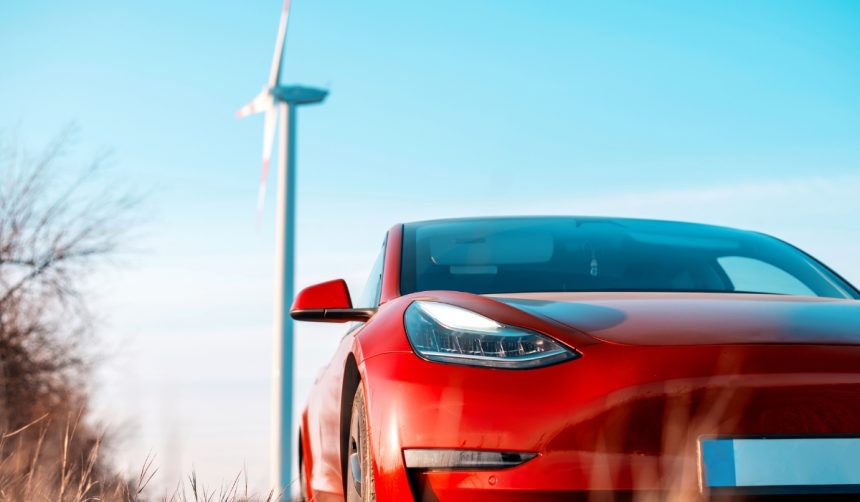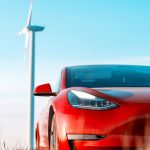Social media platforms recently saw a surge of reactions after a video surfaced that falsely claimed Tesla had remotely disabled a Cybertruck belonging to American rapper Big Huey. The incident reignited longstanding debates about the authenticity of online claims involving major brands and their technology. Some Tesla enthusiasts believe such misinformation can shape public perception and want swift action against the spread of unfounded allegations.
Compared with earlier reports of misinformation targeting Tesla, this situation involves not just a viral social media video, but the additional element of a forged legal document attributed to Tesla. Previous cases often focused on general rumors or isolated incidents, while the current episode features direct attempts to manipulate brand-related narratives through fabricated evidence. Tesla’s more assertive legal posture in countries like China has not always translated to the North American context, which has led to increased pressure from American investors for a tougher stance domestically.
How Did the Faked Cybertruck Story Spread?
Big Huey posted a video online alleging that his Tesla Cybertruck was rendered inoperable by the automaker after he failed to comply with a cease-and-desist over a song referencing the pickup. He claimed that Tesla had taken direct action to disable his vehicle, saying,
Tesla made it so my Cybertruck won’t move unless I do what they want.
The video included staged evidence, spreading widely before Tesla intervened.
What Was Tesla’s Response?
Tesla quickly issued a statement via its official X account, dismissing the rapper’s claims as fabricated. The company indicated that no remote deactivation had taken place and labeled the circulating materials, including the purported legal letter, as inauthentic. Tesla representatives emphasized,
This video is entirely fake and no such remote deactivation has occurred.
By this stage, the video had already gained substantial traction online.
Will Tesla Pursue Legal Action?
Many Tesla retail investors and supporters are vocally advocating for the company and Elon Musk to seek legal recourse against Big Huey. They argue that unchecked misinformation could negatively impact the automaker’s reputation and share value. Some investors point to Tesla’s track record in other countries, notably China, as evidence that firm legal responses can serve as effective deterrents. The question of a United States lawsuit remains open and is closely watched by the community.
Tesla’s handling of digital misinformation has often come under scrutiny, especially as the company’s products, like the Cybertruck, attract attention from both fans and critics. The current situation reveals a growing expectation among stakeholders for Tesla to take decisive legal measures against coordinated attempts to spread falsehoods. This approach, already employed in other major markets, may signal a shift toward tighter brand protection in North America as well. Individuals interested in misinformation, online branding, or the auto industry may find it useful to track how companies develop proactive legal strategies to manage narratives in high-visibility, digitally-driven environments.
- Tesla faced calls for legal action after a rapper’s fake Cybertruck video.
- The video spread quickly before Tesla confirmed it was not authentic.
- Investors want firm brand protection against online misinformation campaigns.










